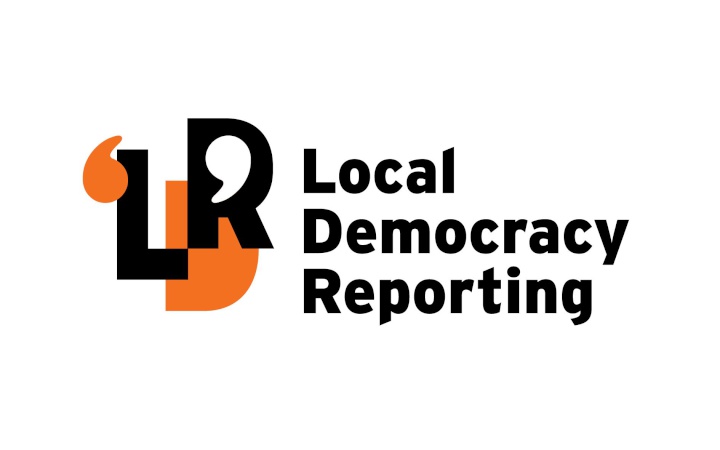The big question of who will pay what towards the major Marlborough Sounds road repairs has finally been answered, though uncertainty remains around NZTA’s contribution.
The Marlborough District Council has decided how to spread across ratepayers its $106 million share of the $234m repair bill for storm damage in 2021 and 2022, during long-term plan deliberations on Monday.
After hundreds of submissions, the final costs to ratepayers have been tweaked from the council’s draft plan released in April, drastically reducing how much Kenepuru ratepayers will pay by slightly increasing the charges to non-Sounds zones.
However, most ratepayers will have an overall decrease in the amount they would pay towards the repairs because the council has abandoned its $40m marine infrastructure upgrade plans. A $500,000 marine study is still in the budget.
The tweaks lift the proportion paid by non-Sounds residents from 70% to 75%. Sounds residents would cover the remaining 25%.
The council on Monday unanimously voted for the plan, with the council’s incoming chief executive John Boswell sitting at the back with his predecessor Mark Wheeler. The overall 2024 rates rise landed on an indicative level of 12.96%.
Martin Fletcher, the former chief financial officer and current manager of corporate finance, said the road repair plan was the most complex issue he had dealt with in his 16 years with the council.
Despite calls for changes to zone boundaries, Fletcher’s final recommendations were to keep the zones exactly as they were.
However, 2027 would be another long-term plan year, when the council could review its repair schedule.
For a Kenepuru ratepayer (930 properties), the average property owner would pay $34 in 2025, and $131 in 2026, but they would ramp up over the years, reaching $705 by 2034 – far less than the original proposal of $1224.
Queen Charlotte ratepayers (712 properties) would pay $16 in 2025. By 2034, this would be $344 - about $11 more on average than first proposed, because the zone had already had priority repairs.
An average non-Sounds ratepayer would pay $9 in 2025 and $35 in 2026, ramping up to $187 on average by 2034 – a decrease of $60 from the first proposal.
Fletcher also noted that “some uncertainty” remained around how much the New Zealand Transport Agency Waka Kotahi (NZTA) would fund. Its board signalled during a meeting in December last year it would cover 71% of the cost of repairs, and 51% of road improvements.
Deputy mayor David Croad said the Sounds roads repairs had kept him up at night.
“I’m not sure about other people, but this has been a massive decision,” Croad said.
“I’m sure that we all wish this event hadn’t happened. But notwithstanding that, we’ve got to make a decision today.”
Wairau-Awatere ward councillor Gerald Hope in his view New Zealand was in a “phase” where the regions in New Zealand were “carrying a burden” and being confronted with hundreds and millions of dollars in repairs.
He wanted to remind central government the region needed funding.
“We need to have some return on our taxes ... that can support the events that we are confronted with here,” Hope said.
“There needs to be some consistency across governments.
"There needs to be long-term planning, it’s been lacking for too many generations.
“Whoever is in power needs to listen to regions like Marlborough that we are probably at a break point with this event, should there be another one – who’s going to pay?”
Marlborough mayor Nadine Taylor said of course the council had submitted strongly that the funding signalled by NZTA should not change.
“Because you [councillor Hope] have identified that therein lies the risk.”
If NZTA made any changes, “then every assumption that we’ve made in our budgets will no longer be correct,” Taylor said.
The funding application would now be submitted to NZTA.
LDR is local body journalism co-funded by RNZ and NZ On Air.



 Gordon Campbell: On The Government’s Gaslighting About Growth
Gordon Campbell: On The Government’s Gaslighting About Growth Dunedin City Council: Caution Urged Over Bird Deaths At Waikouaiti Estuary
Dunedin City Council: Caution Urged Over Bird Deaths At Waikouaiti Estuary ACT New Zealand: Hon David Seymour's Speech to the Holocaust Centre of New Zealand
ACT New Zealand: Hon David Seymour's Speech to the Holocaust Centre of New Zealand New Zealand Police: Parents And Drivers Urged To Keep Kids Safe As Schools Start Back
New Zealand Police: Parents And Drivers Urged To Keep Kids Safe As Schools Start Back New Zealand Republic: Taxpayers’ Union Criticism Of Governor-General Unwarranted
New Zealand Republic: Taxpayers’ Union Criticism Of Governor-General Unwarranted New Zealand Customs Service: Customs Celebrates Successes On International Customs Day
New Zealand Customs Service: Customs Celebrates Successes On International Customs Day Imperial Brands: Seizures Of Black Market Tobacco Show Strong Policy Action Needed From Government
Imperial Brands: Seizures Of Black Market Tobacco Show Strong Policy Action Needed From Government


